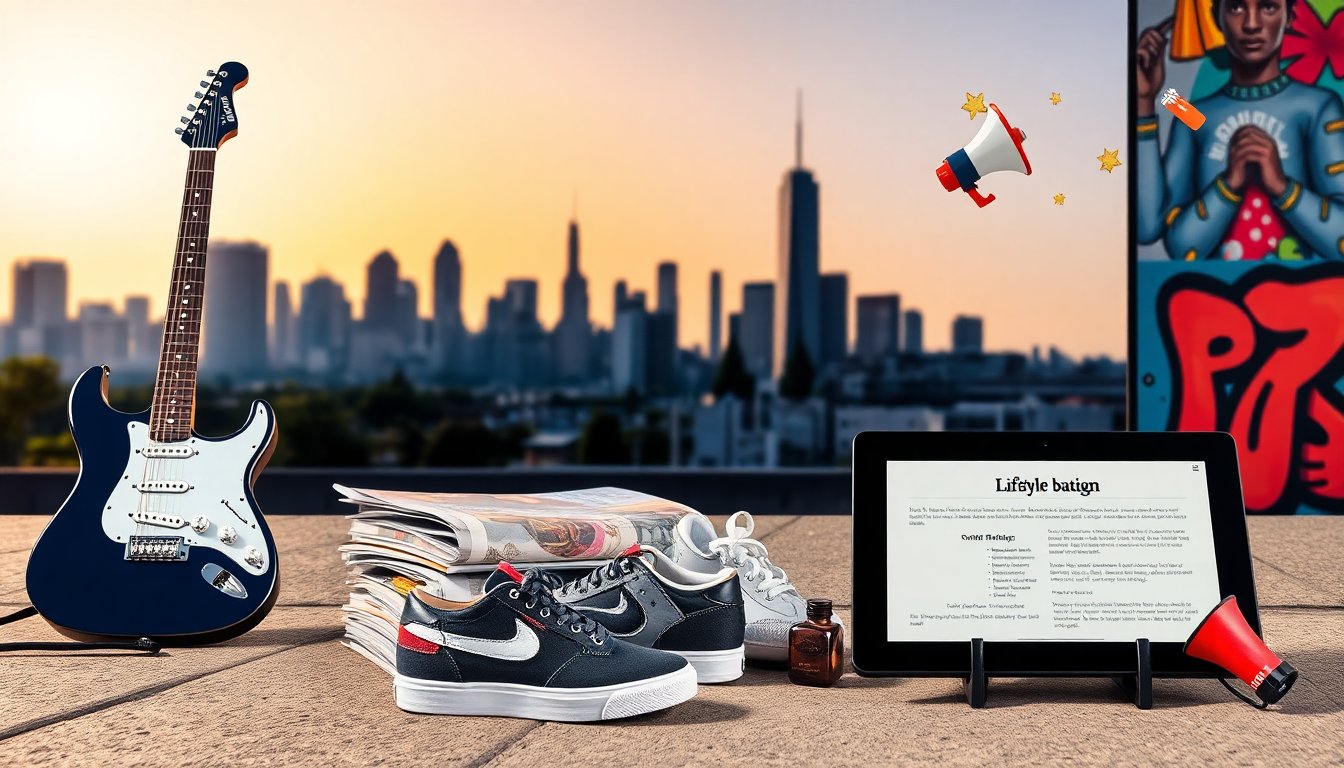Table of Contents
American celebrities have significantly shaped not only local entertainment but also global cultural trends. Actors, musicians, influencers, and athletes frequently set the tone for fashion, social issues, and political discourse. Their influence extends beyond Hollywood, impacting millions and sparking conversations that resonate worldwide.
This article examines the multifaceted role of American celebrities in society and their influence on public opinion, social change, and cultural norms.
The power of celebrity influence
In the digital age, the influence of celebrities has intensified, largely due to the rise of social media platforms. Celebrities can now communicate directly with their fans, bypassing traditional media filters. This direct communication allows them to share their views on various issues, from environmental sustainability to social justice, and mobilize their followers.
Social media: A new frontier for celebrity engagement
Platforms like Instagram, Twitter, and TikTok have transformed celebrity engagement. With millions of followers, a single post can reach a vast audience instantly. For instance, when a celebrity advocates for a cause like climate change or mental health awareness, it can lead to significant public discourse and action. This direct engagement fosters a sense of community, uniting people around shared values and goals.
Moreover, celebrities often leverage their platforms to raise awareness about critical social issues. Movements such as #MeToo and Black Lives Matter have seen numerous celebrities use their influence to promote change. Their support amplifies these messages, bringing them to a broader audience and fostering discussions that might otherwise go unnoticed.
Cultural trends and consumer behavior
American celebrities also play a crucial role in shaping cultural trends and influencing consumer behavior. Their choices in fashion and music often dictate what becomes popular. When a celebrity endorses a brand or product, it can lead to a surge in sales and a shift in consumer preferences.
The cycle of celebrity and consumerism
The relationship between celebrity and consumerism is cyclical. Brands collaborate with celebrities to tap into their fan base, knowing that their endorsement can drive sales. In turn, celebrities can enhance their public image and connect with their audience on a deeper level. This symbiotic relationship has led to the phenomenon of “celebrity branding,” where stars create personal brands that often hold more influence than traditional advertising.
For example, figures like Kylie Jenner and Rihanna have successfully built empires around their personal brands, transforming their followers into loyal customers. This trend highlights how American celebrities can redefine business models and marketing strategies in response to evolving consumer expectations.
Challenges and responsibilities of celebrity influence
While the influence of American celebrities can foster positive change, it also presents challenges. The power they wield can be a double-edged sword. Celebrities are under constant scrutiny, and their actions can lead to controversy. A misguided statement or poorly considered endorsement can result in backlash and damage their reputation.
The burden of representation
Additionally, celebrities often find themselves expected to represent broader societal issues. This burden can be overwhelming, as they may not be equipped to address complex social matters adequately. The expectation for celebrities to use their platforms for good can lead to performative activism, where the focus shifts from genuine engagement to optics and image management.
This article examines the multifaceted role of American celebrities in society and their influence on public opinion, social change, and cultural norms.0
This article examines the multifaceted role of American celebrities in society and their influence on public opinion, social change, and cultural norms.1


